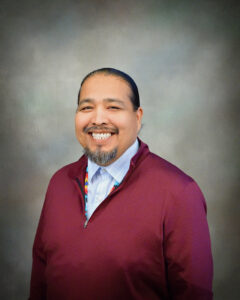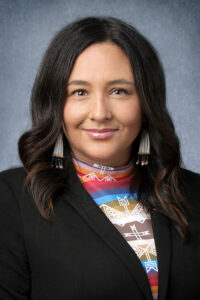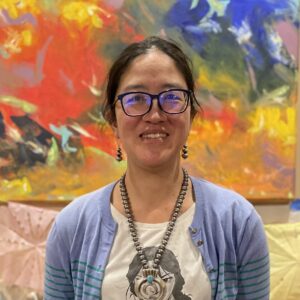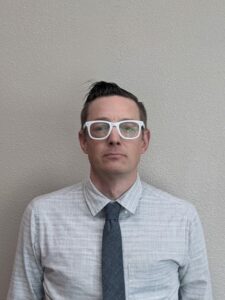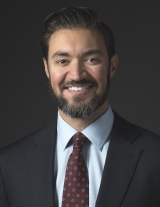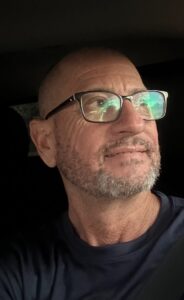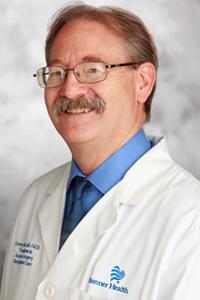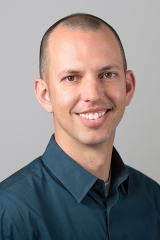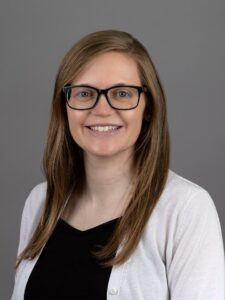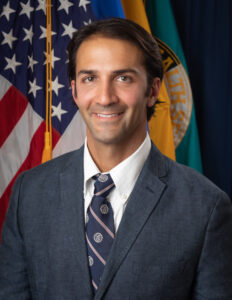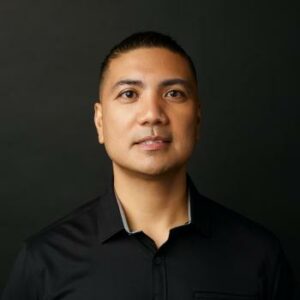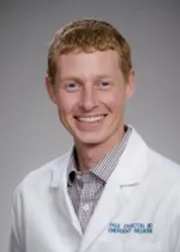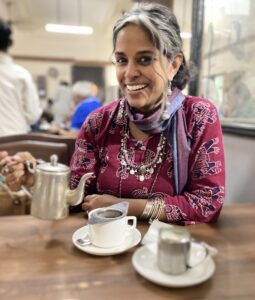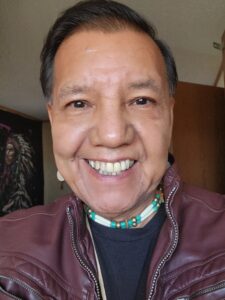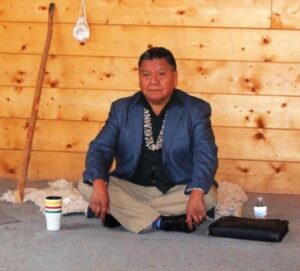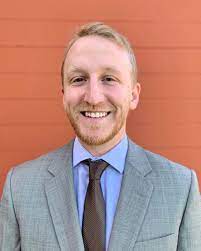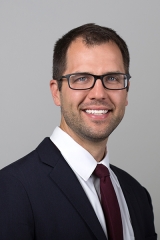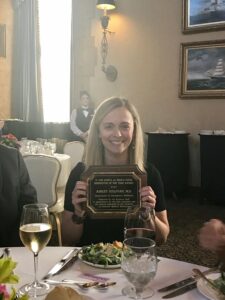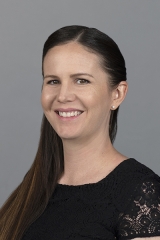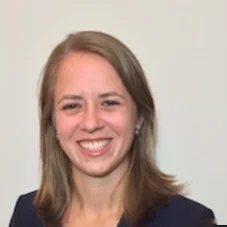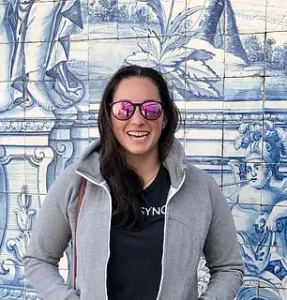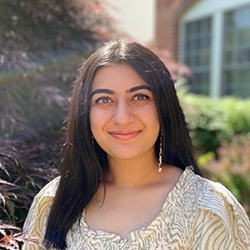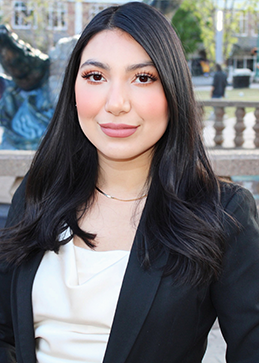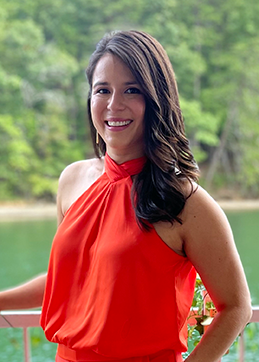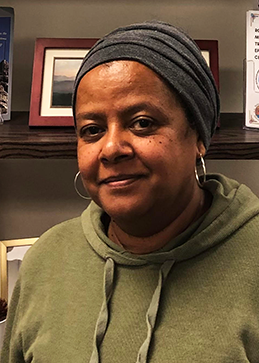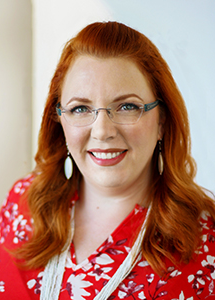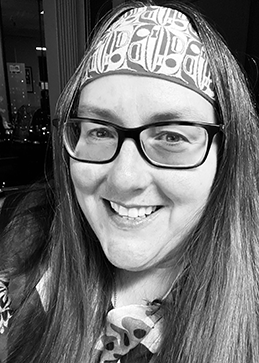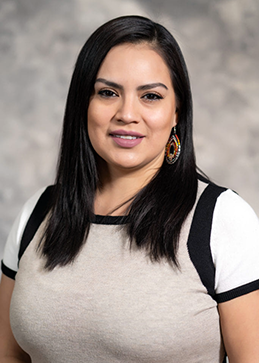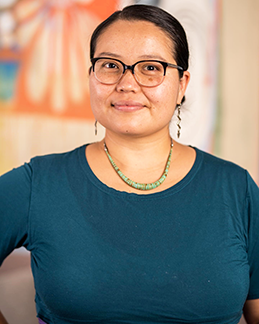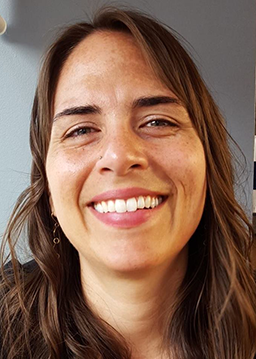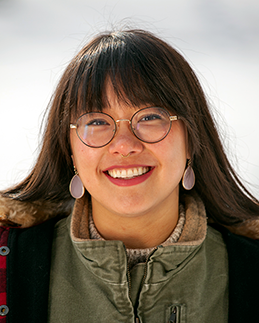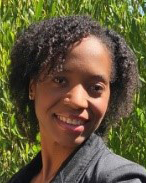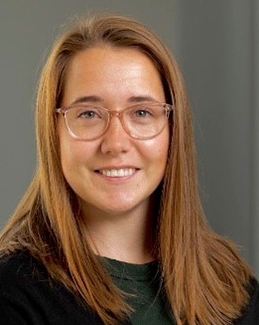Lending a Hand to Community Members Others Struggle to Reach

In 2018, the Siletz Community Health Clinic was awarded an HIV Early Intervention Services and Outreach grant from the Oregon Health Authority. With this funding, the Siletz Harm Reduction Program is able to offer syringe exchange, distribute naloxone nasal spray (used to reverse an opioid overdose), provide rapid HIV and hepatitis C testing, and connect clients to needed medical and social services.
A harm reduction approach focuses on reducing the harmful risks of substance use. Rather than requiring clients stop using substances in order to receive services, providers offer clients tools and resources to mitigate the negative health consequences of drug use.
In early July, we spoke with Francisca “Sissy” Rilatos, a community health worker, certified recovery mentor, and Harm Reduction Outreach Specialist for the Confederated Tribes of Siletz, to learn more about their program’s secrets to success.
According to Rilatos, community outreach and engagement is a hallmark of the Siletz program. “I’m known for reaching people that other programs haven’t been able to reach,” she told me.

Rilatos’ own lived experience as someone in recovery quickly made her a trusted community resource. “I have friends who are actively using and who are overdosing, and I had a lot of friends who had hepatitis C.” This connection drives her passion for harm reduction work.
On an average day, Rilatos works with individual clients to distribute syringes and naloxone. She also links them to substance use treatment programs available at the clinic – such as medications for addiction treatment. However, she emphasizes, these referrals are based on the preferences of the clients themselves and not what others believe will benefit them.
In addition to offering these services to individual clients, the program provides other services, like free HIV and HCV testing at community events. However, Rilatos says that when the clinic first offered testing, not many people would come to their testing tables. The tipping point came after the harm reduction program offered free testing at the Siletz Pow Wow and hosted an Overdose Awareness Day – in which they provided naloxone and free HCV and HIV testing to attendees.

This intentional community outreach and education paid off: “I think that definitely it’s helped destigmatize the way the community views people who use drugs,” Rilatos told us. Now, the program offers HCV and HIV testing and needle exchange at six locations throughout the reservation twice weekly. Additionally, all tribal employees are trained in Narcan use.
Since the COVID-19 pandemic, most of the program’s communication has been done virtually: people frequently contact Rilatos on Facebook messenger to request naloxone or clean needles. Rilatos says that her availability on Facebook messenger ensures that she is accessible to clients and community members when they need services.
In her short time with the Siletz Harm Reduction Program, Rilatos has already seen great success: “Overdoses were reversed. People’s families are affected by that…giving them Narcan saved their loved one’s lives.” In addition to reversing overdoses, Rilatos says that the visibility of the program has helped to destigmatize people who use drugs in the community: “[The harm reduction program] has changed the culture around here for sure, around people who use drugs.”

Rilatos is now sharing her expertise with Indian Country ECHO, for which she is a clinical expert and program lead for the harm reduction online ECHO clinics. As a clinical expert, Rilatos offers free technical assistance and capacity building for Indian Health Service, Tribal, urban clinicians and clinics seeking to establish or grow their own harm reduction initiatives and enhance care delivery for people with substance use disorders. Through her work as a program lead, Rilatos offers guidance to presenters during online case presentations and responds to participants’ questions.
If you are interested in incorporating a harm reduction approach into your clinic or professional practice, or would like to connect with Indian Country ECHO about our free technical assistance and capacity building service, visit:
To learn more about Sissy’s story:

